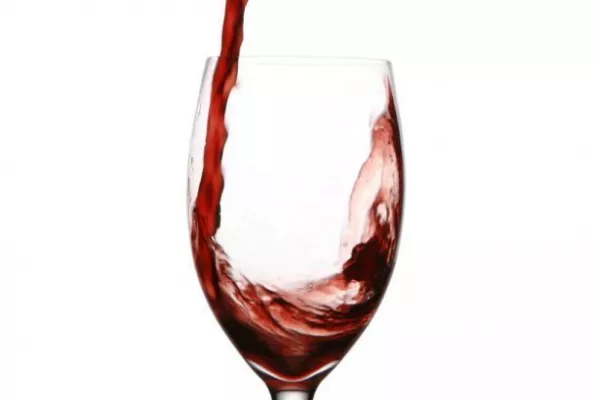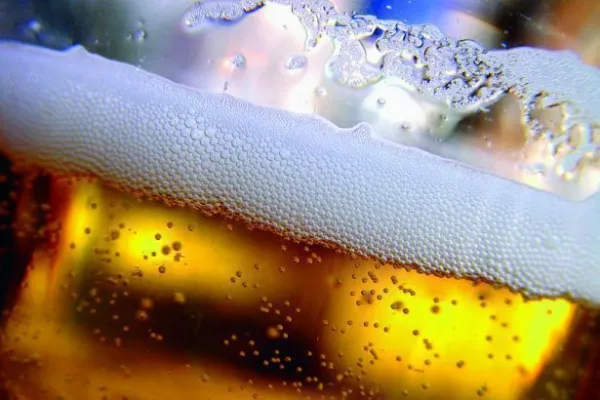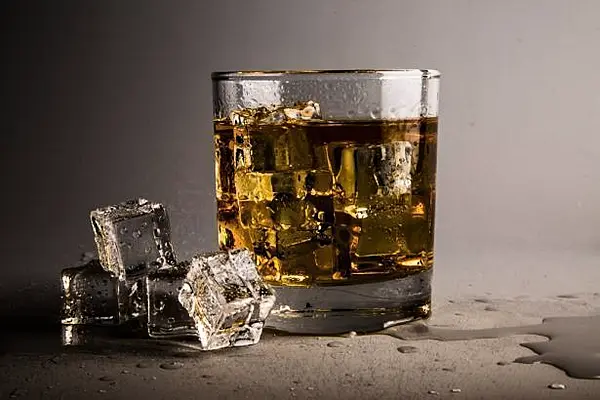The Irish Wine Association (IWA) has strongly opposed the labelling proposal in the Public Health (Alcohol) Bill, stating that the draconian measure will have a devastating effect on Ireland's wine importers.
The IWA, which represents wine importers and distributors in Ireland, believes the labelling changes proposed in the bill will mean less choice for consumers, an increase in business costs and it could lead to higher prices.
The Alcohol Bill, due back in the Seanad today (15 December), proposes mandatory cancer warning labels on all alcohol products sold in the Republic of Ireland. This proposal along with other labelling requirements, will effectively mean an 'Irish only' label for all alcohol products sold in the Republic of Ireland, including imported alcohol, claims the lobby group.
The Association says that the prospect of wine importers and possibly wine producers printing a label specific for the Irish market, while operating within the free trading block of the European Union, would become a logistical nightmare.
The legislation, says the IWA, will mean that all Irish bound wine will have to be labelled differently and stored separately in warehouses across the world, adding that this will add to the business costs for wine importers which might result in higher prices for consumers.
The IWA went in to state that Ireland is a relatively small market and making special accommodations for such a small market is both costly and inefficient, and this will make Ireland an unviable market to export wine to.
The Alcohol Bill also proposes a Minimum Unit Price on wine, which will also drive wine prices up further across all price categories. Ireland already has the highest rate of excise on wine in the EU, making up €3.19 for every €9 bottle of wine sold here. Ireland also has the most expensive alcohol in the EU, according to Eurostat.
Jim Bradley, chair of the Irish Wine Association and chairman of Febvre & Company, said: "In my forty years working in the business, I have never witnessed a government attempting to introduce such a damaging piece of legislation. While the wine industry fully supports the objectives of the Alcohol Bill, to tackle harmful drinking and underage consumption, it is important that any measures that are introduced as evidence-based. The evidence that the Department of Health has presented on the Alcohol Bill’s effectiveness to tackle alcohol misuse is questionable at best."









